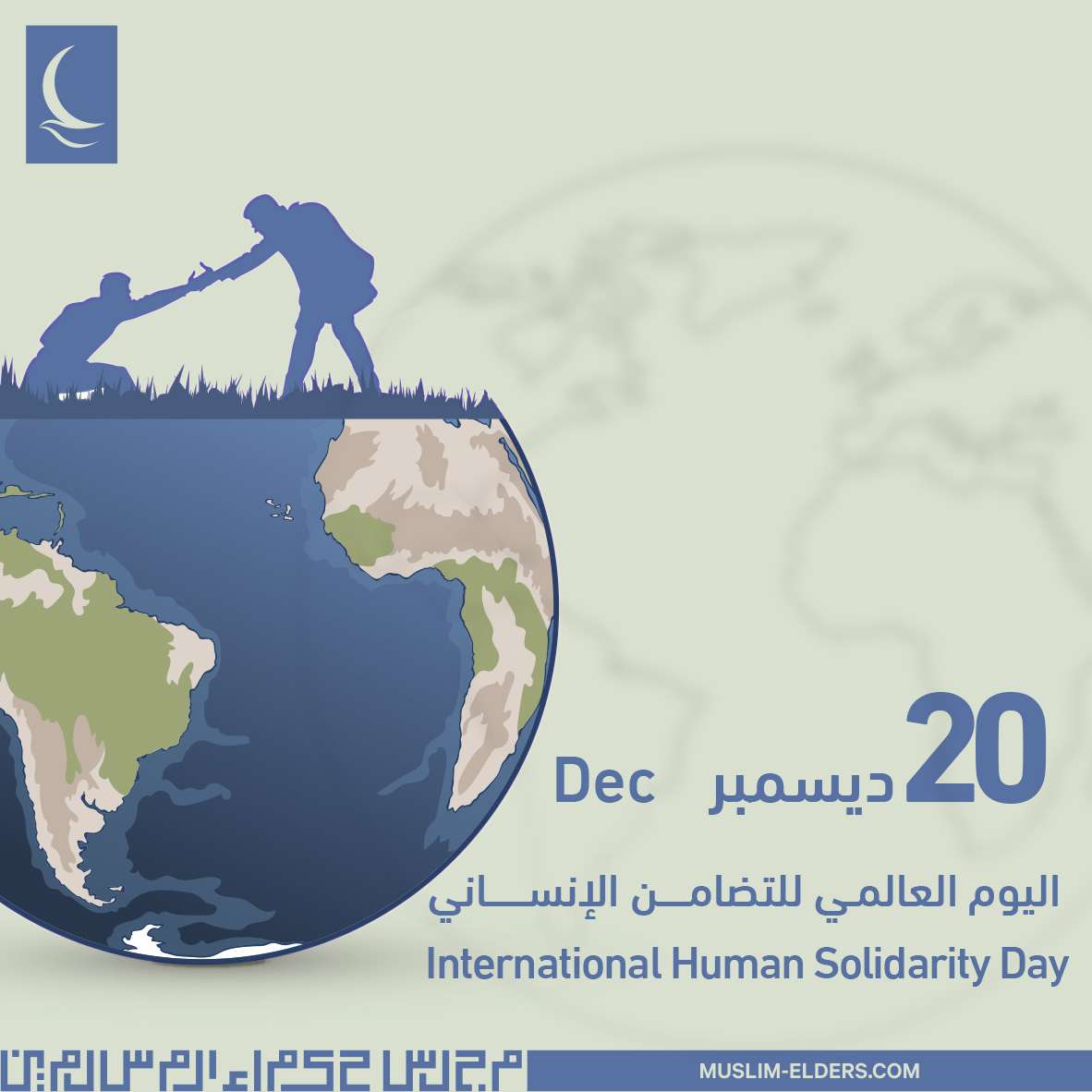The Muslim Council of Elders, under the Chairmanship of His Eminence Dr. Ahmed Al-Tayeb, the Grand Imam of Al-Azhar, affirms that the Arabic language is the core of Islamic identity and a custodian of the nation’s historical and cultural heritage. As the language of the Holy Quran and the noble Prophetic tradition, Arabic has long been, and continues to be, a language of science, thought, and creativity and has transmitted the knowledge of diverse civilizations to the world and significantly contributed to their development, making it an inseparable part of shared human heritage.
In a statement marking World Arabic Language Day on December 18 each year, the Council highlights the Arabic language's unique ability to bridge authenticity with modernity. It carries a rich heritage and profound human values. The Council stresses the importance of utilizing World Arabic Language Day to reinvigorate global efforts to elevate Arabic's status, adopt comprehensive initiatives to integrate the language into technology and artificial intelligence, and expand its presence in global digital content.
The statement also underscores the Arabic language's pivotal role in shaping cultures and fostering communication among peoples and that the Muslim Council of Elders is steadfast in its commitment to strengthening the status of this timeless language through diverse initiatives and activities. Among its significant efforts is Dar Al-Hokama Publishing, a pioneering knowledge platform that has published over 220 books in various intellectual and cultural fields. These works aim to promote values of tolerance, coexistence, and human fraternity, highlight Islamic heritage and its enlightened moderation, correct misconceptions, and counter extremist rhetoric, discrimination, and racism. Additionally, the publishing house plays a crucial role in translation efforts to and from Arabic, facilitating the exchange of global knowledge and experiences while fostering cultural openness and civilizational interaction.
